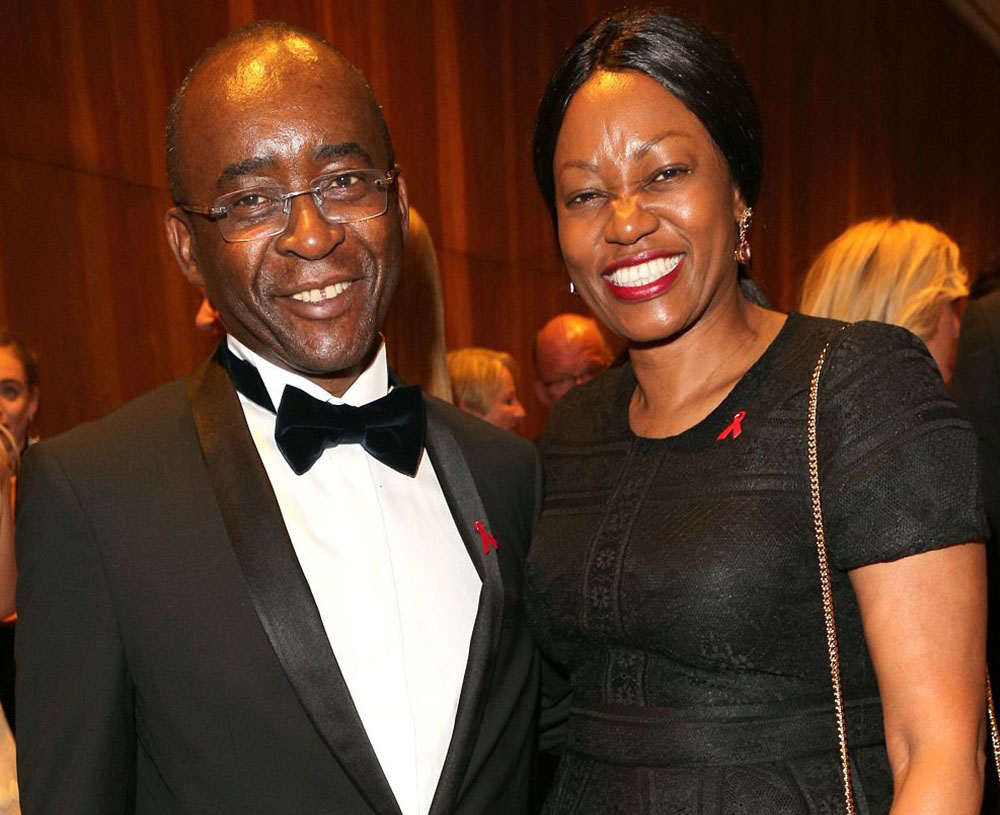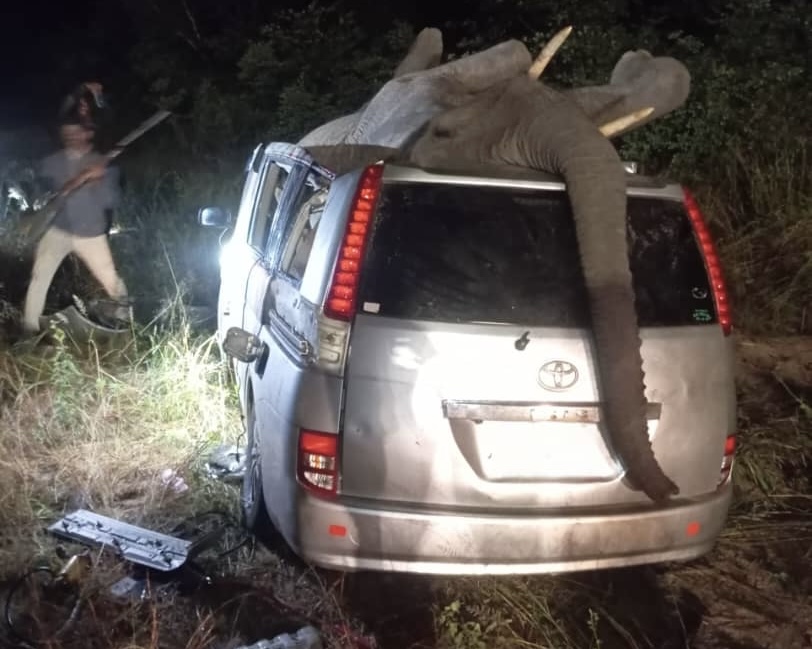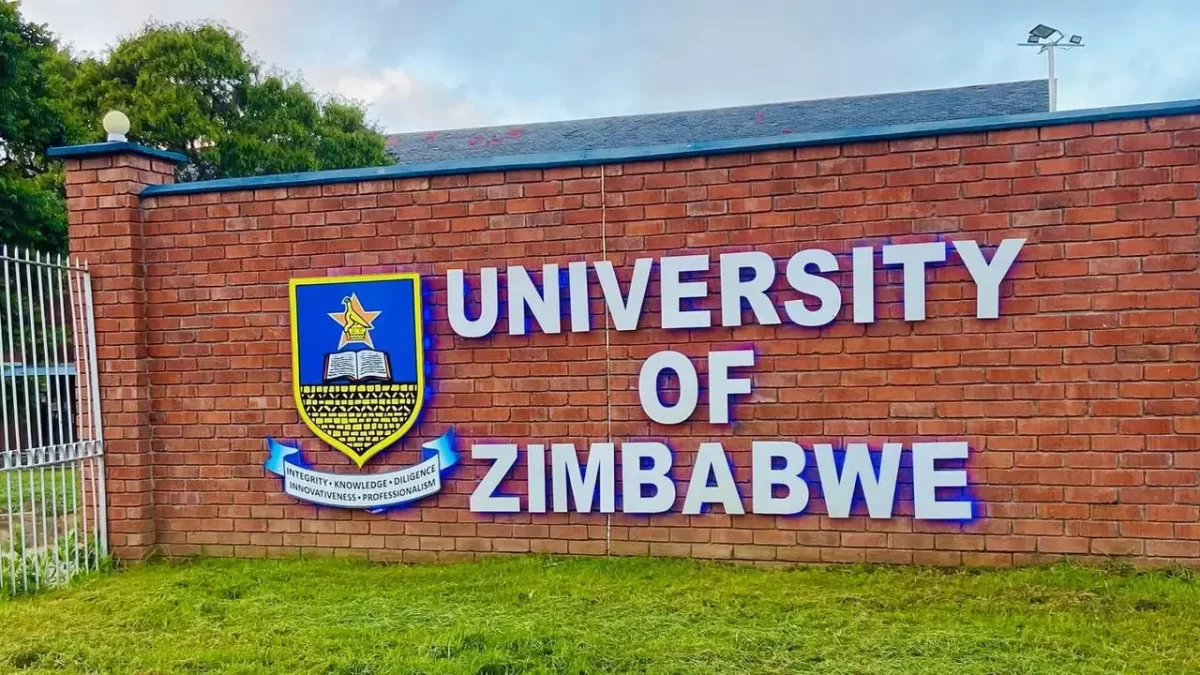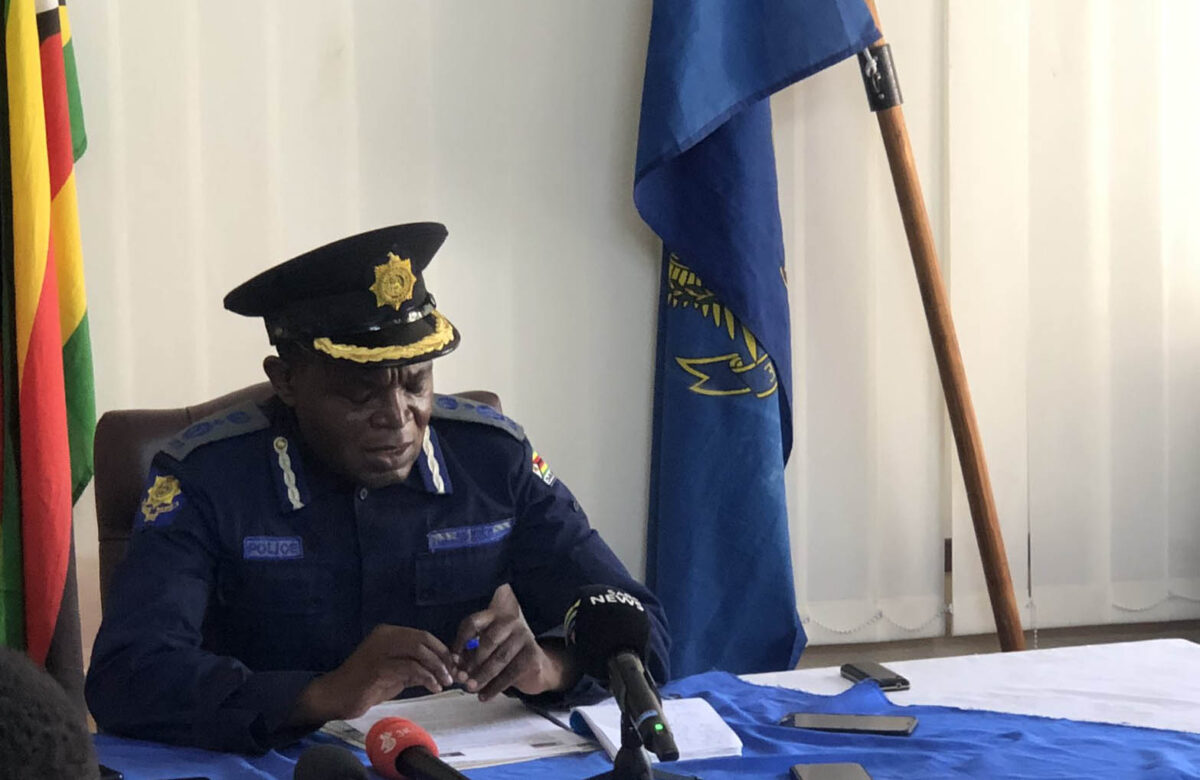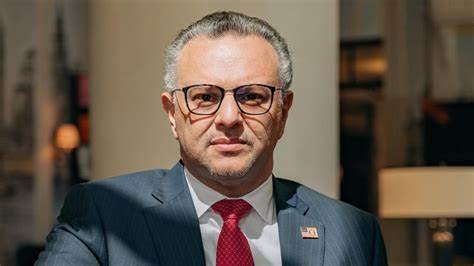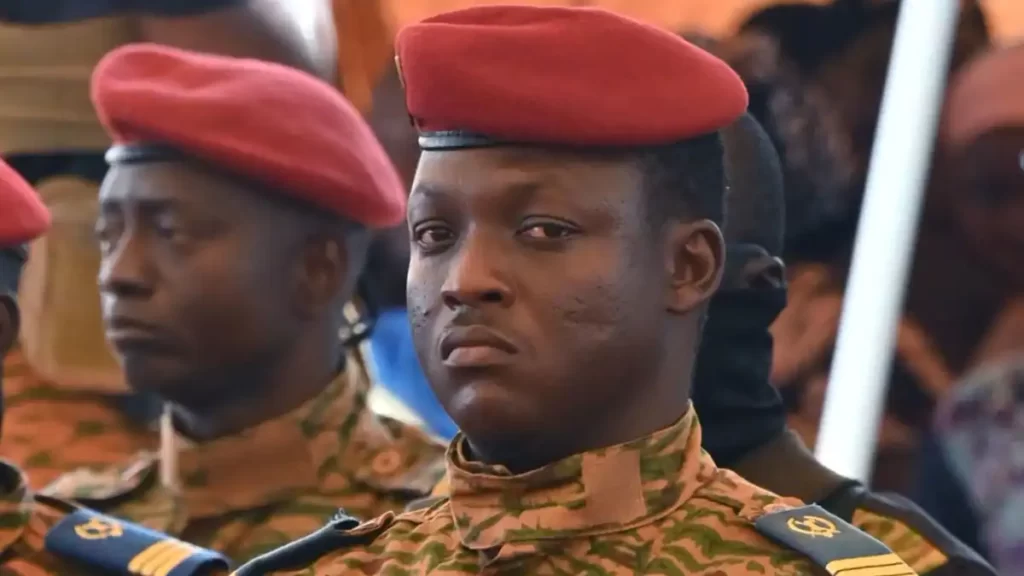JOHANNESBURG, South Africa – Telecoms tycoon Strive Masiyiwa will seek to break a three-month strike by Zimbabwean doctors by offering them an extra ZWL$5,000 (US$310) monthly, his foundation announced.
The doctors will also get a smartphone, a taxi ride from home, uniforms and diagnostic aides.
The Higher Life Foundation, founded by Masiyiwa and his wife, Tsitsi, stressed that the offer was a “unilateral initiative” which it did not develop in consultation with the government or the doctors.
The ZWL$100 million “medical training completion fellowship” fund will cover up to 2,000 doctors – but they must be at work to benefit.
“In order for our healthcare system to continue having this continuous inflow of doctors, it is important for junior and senior resident officers to complete their training within the designated time period,” the foundation said in a statement.
“The scholarship covers those who are currently undergoing a junior or senior resident programme… (and) will last for the duration of six months, with funding contingent upon fellows remaining enrolled in their programme in that period and satisfying all requirements.”
The government plans to fire 516 of the 1,601 junior and middle level doctors working in public hospitals for participating in the strike over pay that has been ongoing since September 3.
The government said last month it had doubled doctors’ salaries. But doctors said that was inadequate, as it would only increase their monthly salary to about 2,000 Zimbabwe dollars or US$130.
On Tuesday, senior doctors also went on strike to protest against the dismissal of their junior colleagues. Zimbabwe has about 200 senior doctors, including specialists, working in public hospitals.
The strike by doctors has paralysed state hospitals, used by Zimbabwe’s poor majority. Even before the strike, the hospitals had already been struggling with shortages of drugs and other basic products.
Health Minister Obadiah Moyo told a post-cabinet media briefing on Tuesday that the government would continue its disciplinary action against those who were boycotting work, including the senior doctors.
Moyo said the government would this week post advertisements to fill vacancies left by the sacked doctors. However, Zimbabwe already has a shortage of doctors, with many having gone abroad to seek better opportunities.
The Zimbabwe Senior Hospital Doctors Association said in a November 25 statement that while the government was insisting that the fired doctors must re-apply, “our position is that they must be re-instated in a mutual agreement.”
The doctors said the offer from the Higher Life Foundation “will come in useful, especially for juniors.”
“However, it leaves the hospitals still incapacitated. It won’t change flexi-hours, the drug or equipment situation or reinstatement of colleagues. It is a good gesture which members will accept once we have resolved outstanding issues with the government, which must do something reasonable too,” the senior doctors added.
Critics say President Emmerson Mnangagwa has failed to keep promises he made in last year’s election campaign to revive the economy by pushing through reforms, attracting foreign investment and rebuilding collapsing infrastructure.
Many Zimbabweans are angry that top government officials continue to travel abroad for treatment while state hospitals are turning away patients because of the doctors’ strike.
Vice President Constantino Chiwenga returned home on Saturday after spending four months in China receiving medical treatment for an unknown illness.

